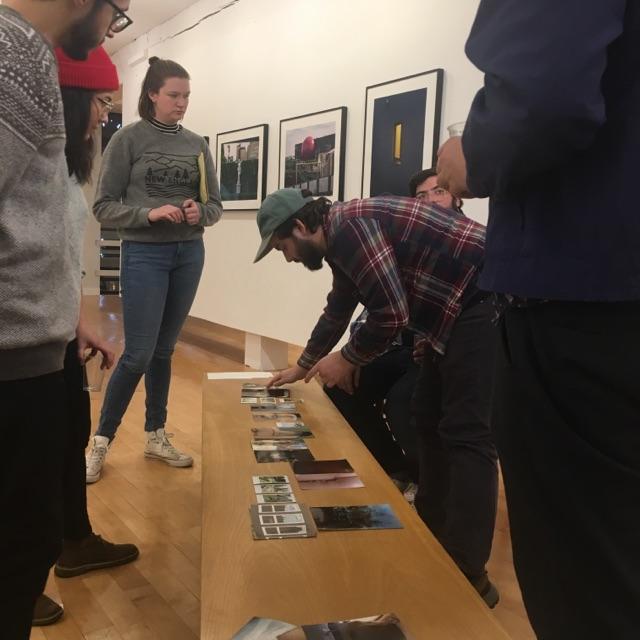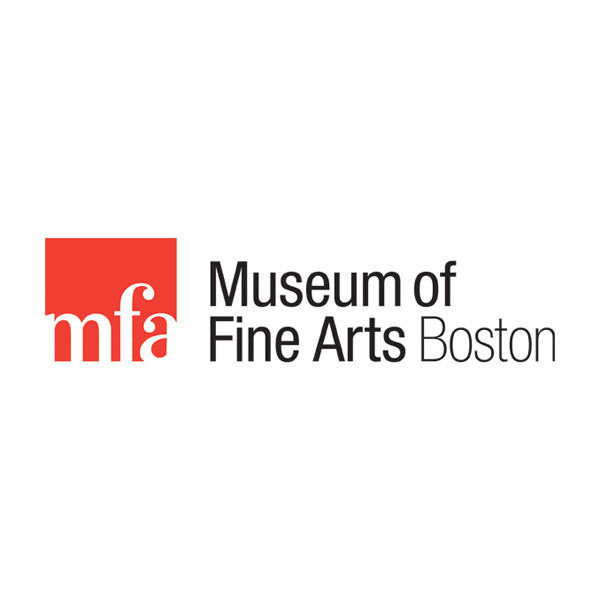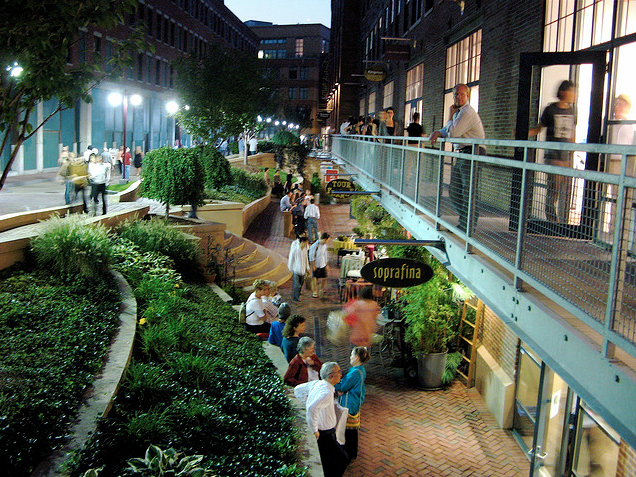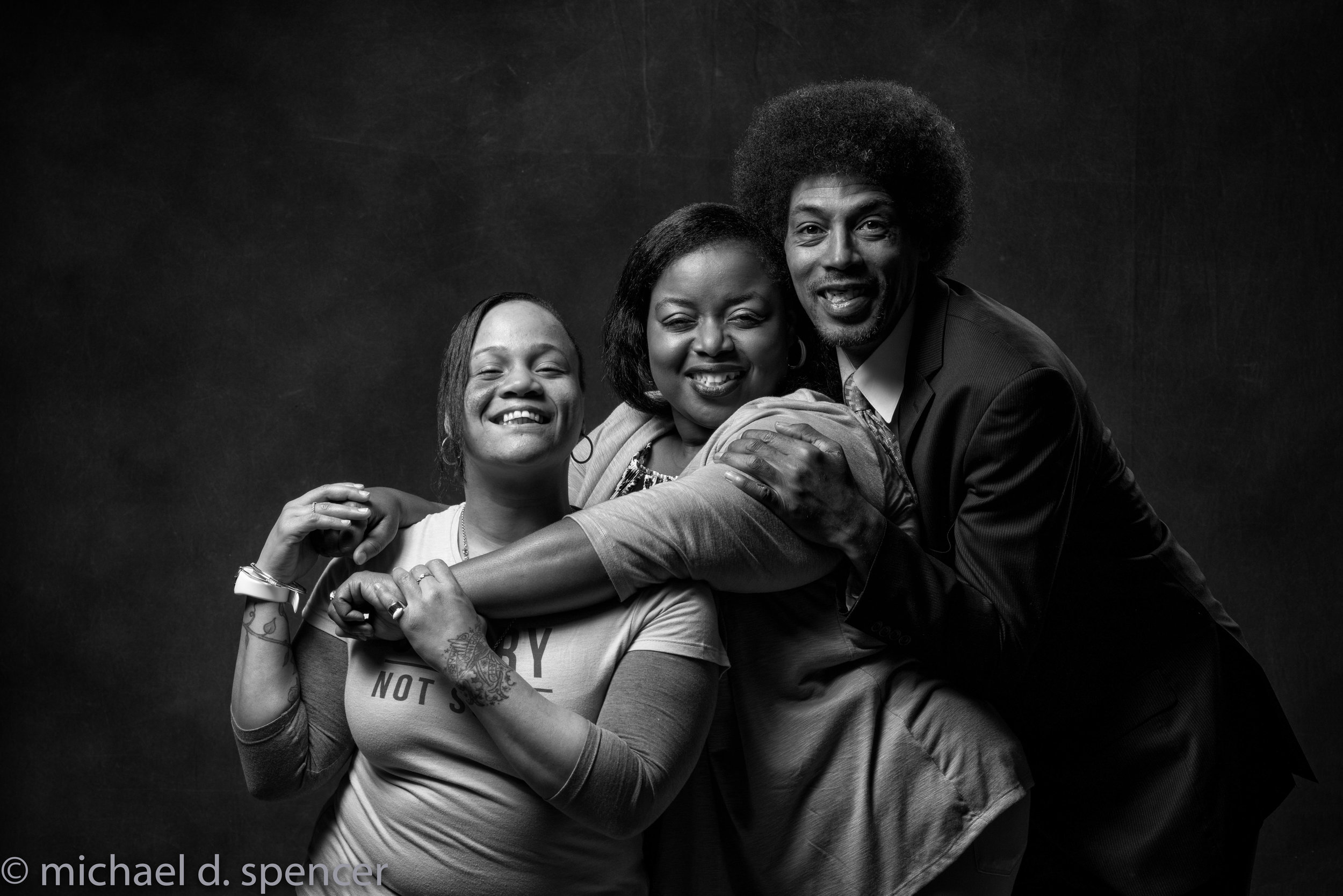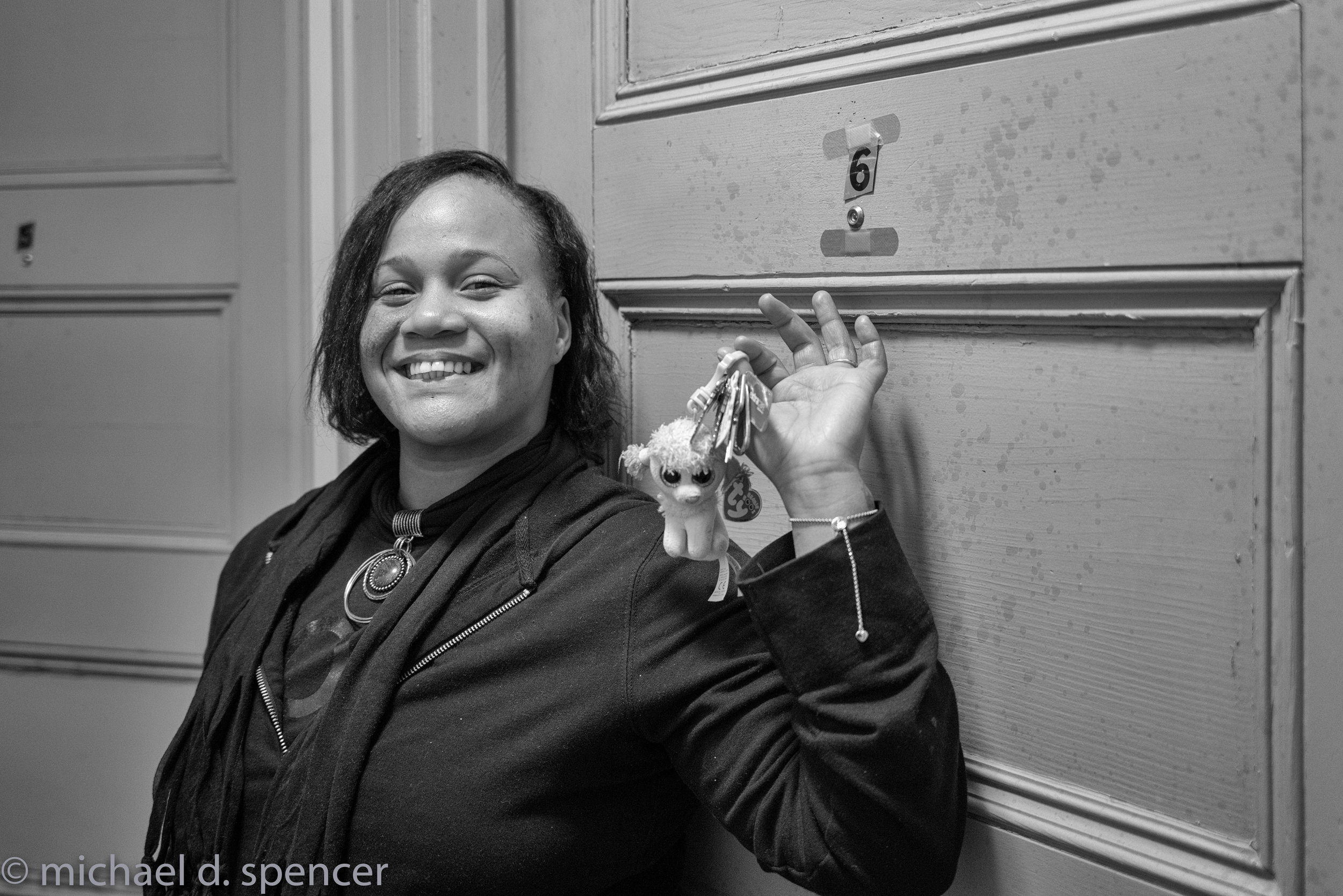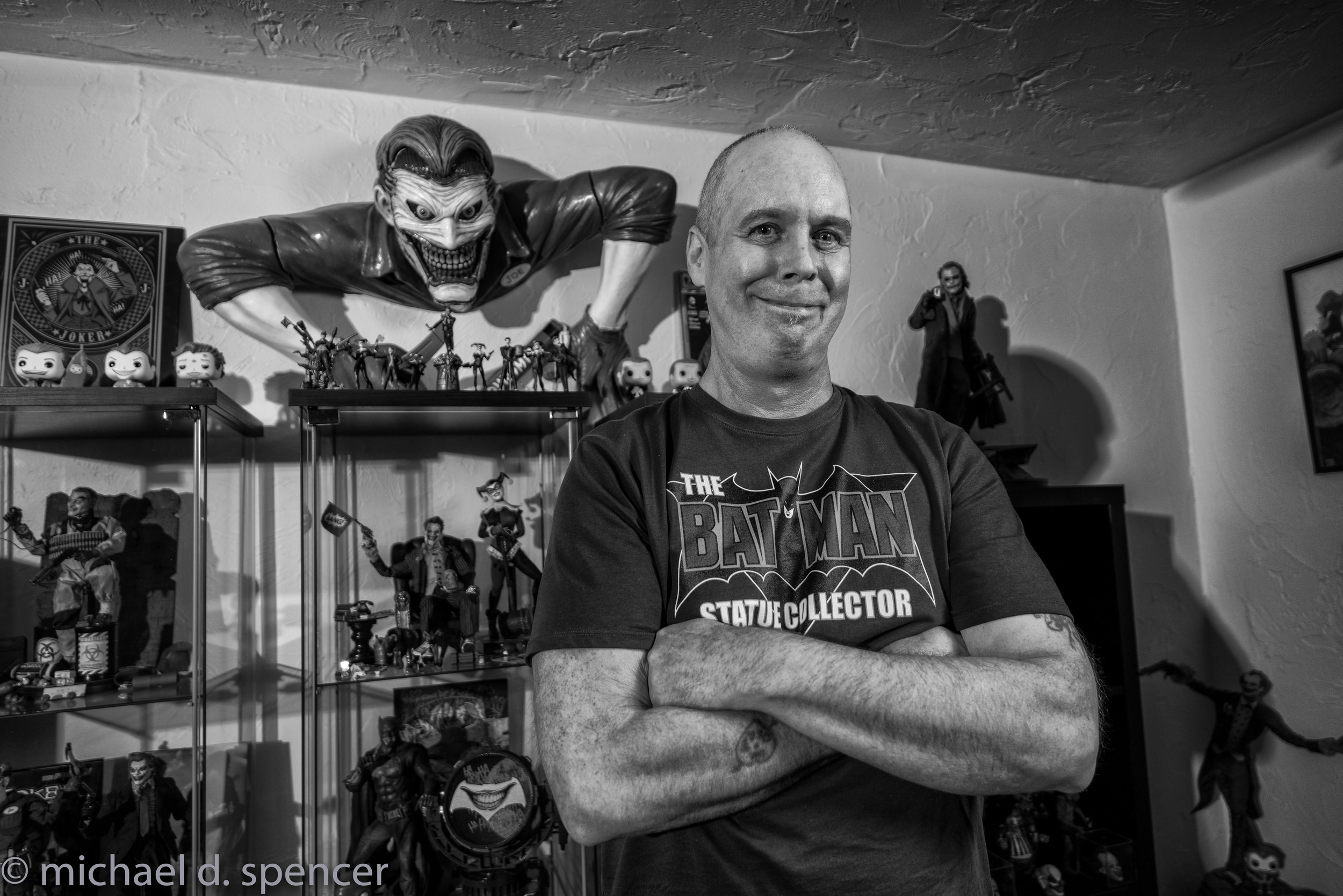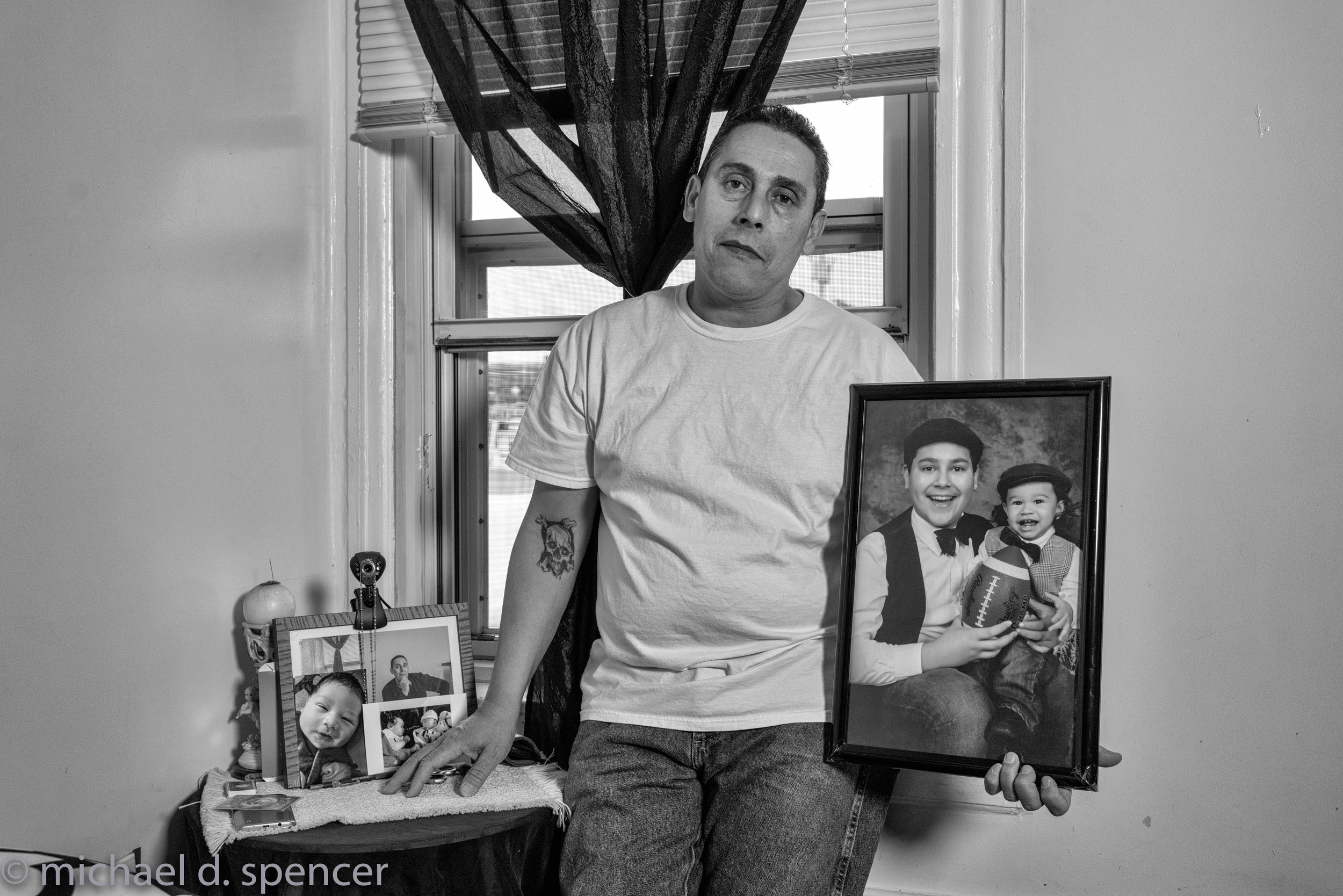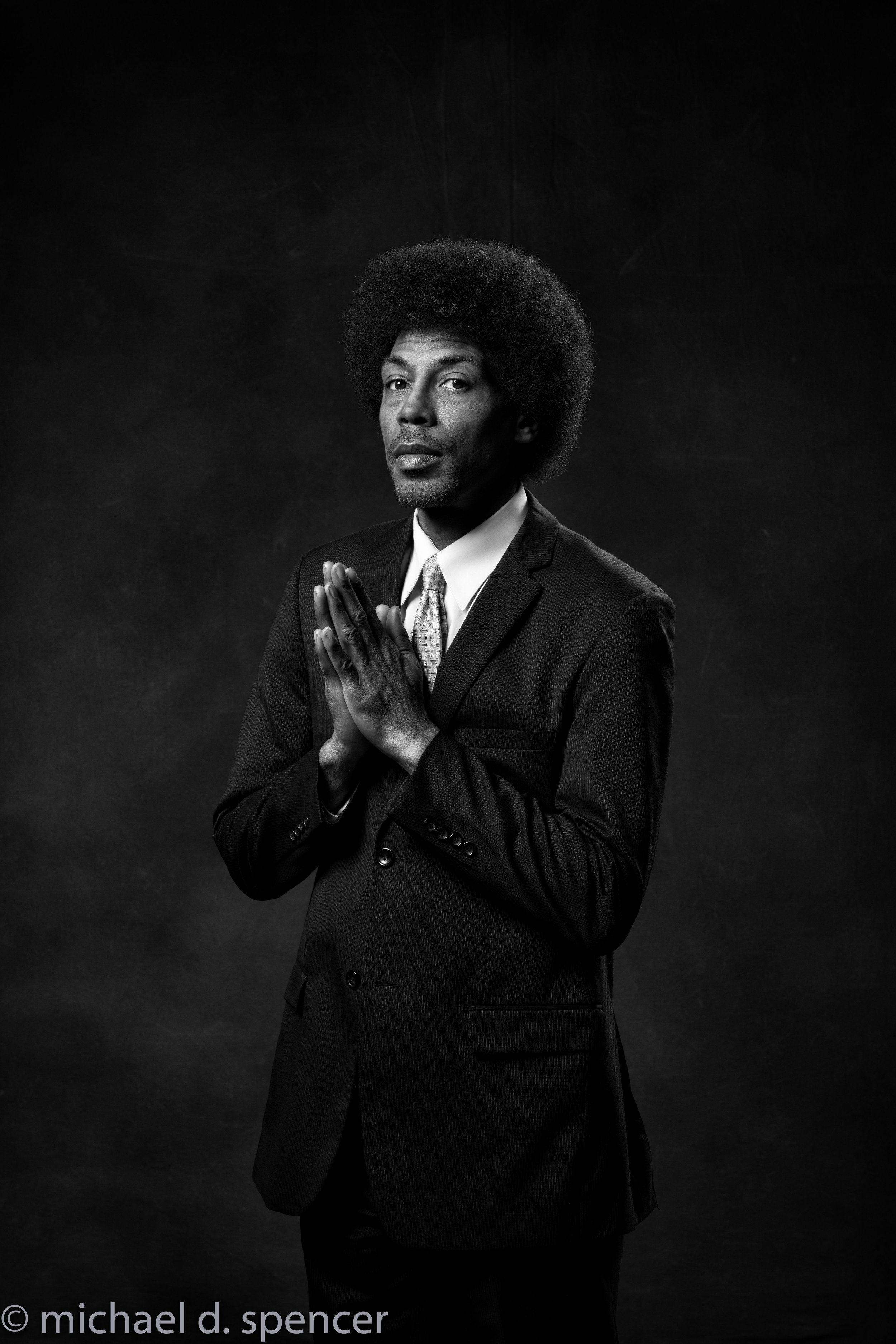If you went straight from high school to college, you have been in school for almost all of your life. Now it is time to graduate and you are going to have to deal with the real world real soon. Art school tries its best to prepare you for getting a job but there isn't always talk about what to do artistically when you are out on your own. In art school, you have deadlines you have to meet, teachers for advice all around, and great opportunities to participate in critiques multiple times a week. Once that structure falls away, you will need to replace it with something so that you can keep making art even if your job or lack thereof isn't giving you the motivation you need.
One thing you can do to keep yourself making work is to set up a critique group. Talk to the people you graduated with or even artists you know around town and see if they would want to meet once or twice a month to discuss new work and ideas. You could even look on social media for open groups in your area if you are new to a city. Even if you are consistently making work without need for extra motivation, critique groups are great places to share your new things and learn to articulate your ideas. If you need a push to make things, this gives you deadlines and an open place to think about new ideas without the stress of grading. These groups can also help you make connections
Once you're out of school, most likely your job will not include being around art all day. If it does, you're one of the lucky ones. Try your best to go to openings, museums, galleries, and even artist's websites often. It is important to look at art whether you are making any or not to keep yourself stimulated creatively. You also want to be in touch with the contemporary art world and know what is going on in your city as well as globally. Follow museums and galleries on social media so that you know when events and shows are happening.
Finally, you need to continue making things or writing about making things and ideas. This is the hardest of the things you need to do when you graduate. Try to make something or write out ideas once a week. Like the cliche saying goes, you've got to use it before you loose it. Keep your mind sharp and don't forget all of the skills you learned in school.
Graduating can be scary if it your first time out of school in ten years, but there are measures to take so that your post-grad life is just as creatively productive as the forced deadlines and creative environment that art school provides.



